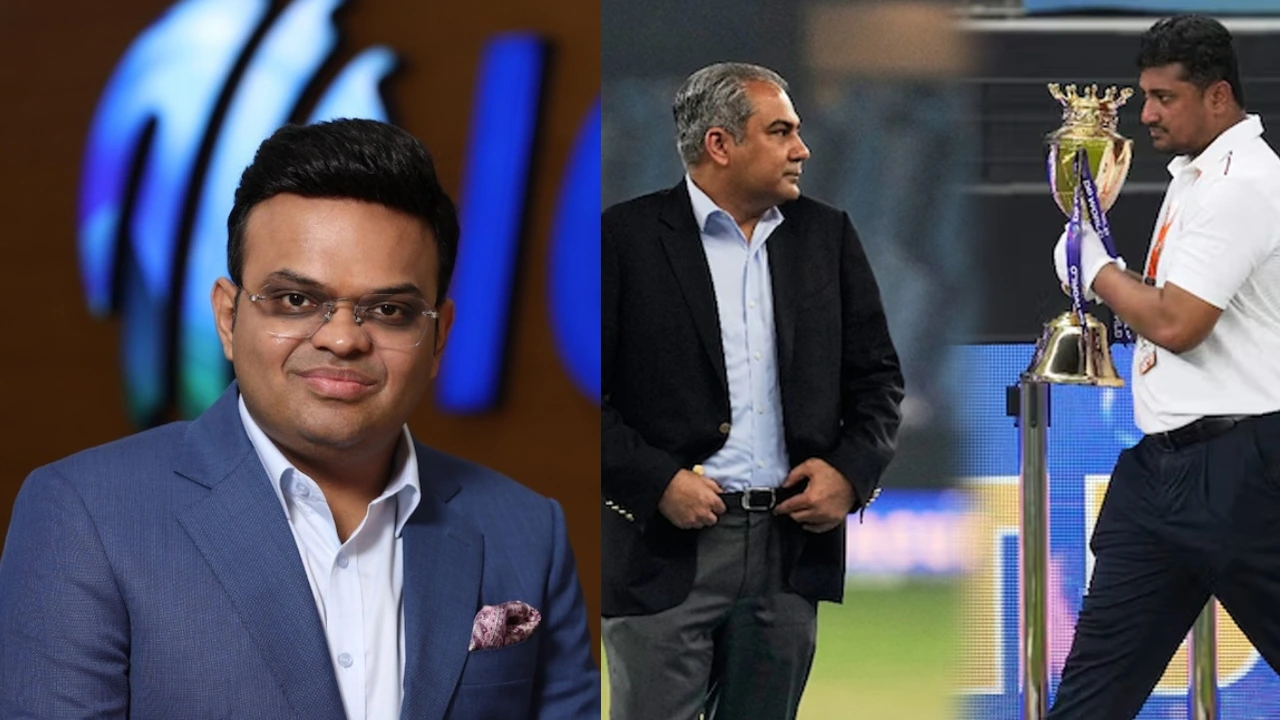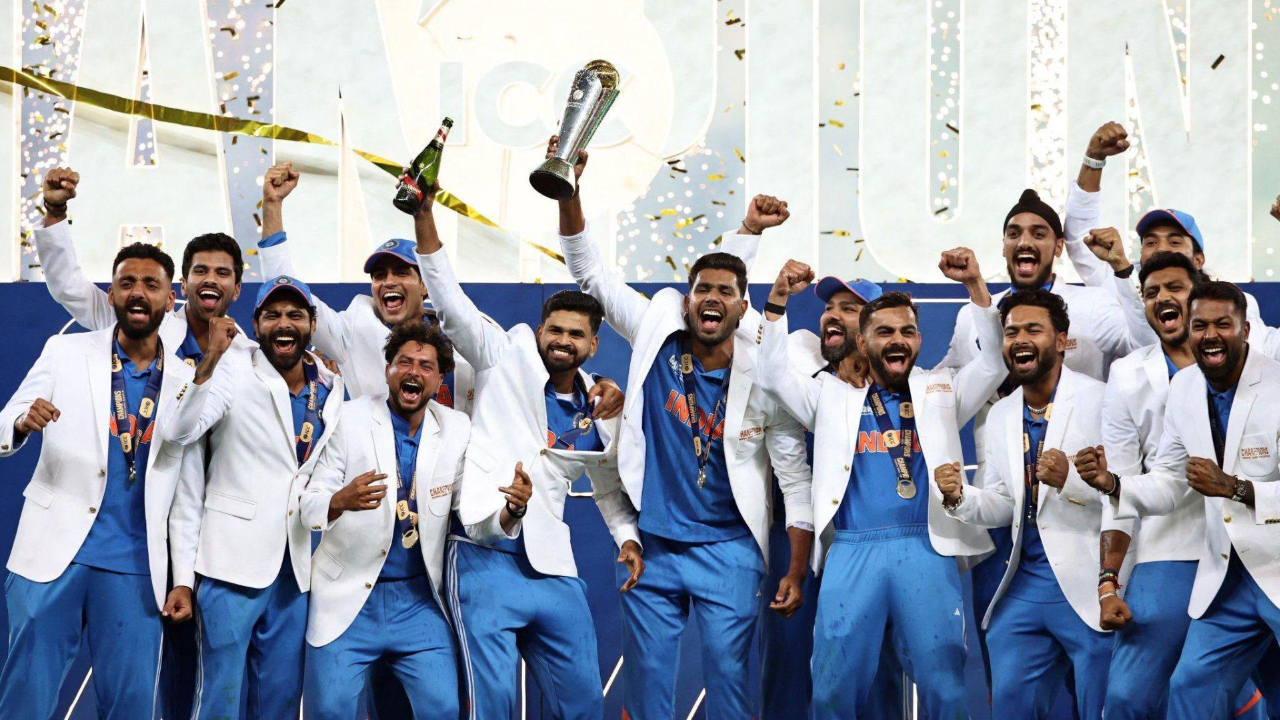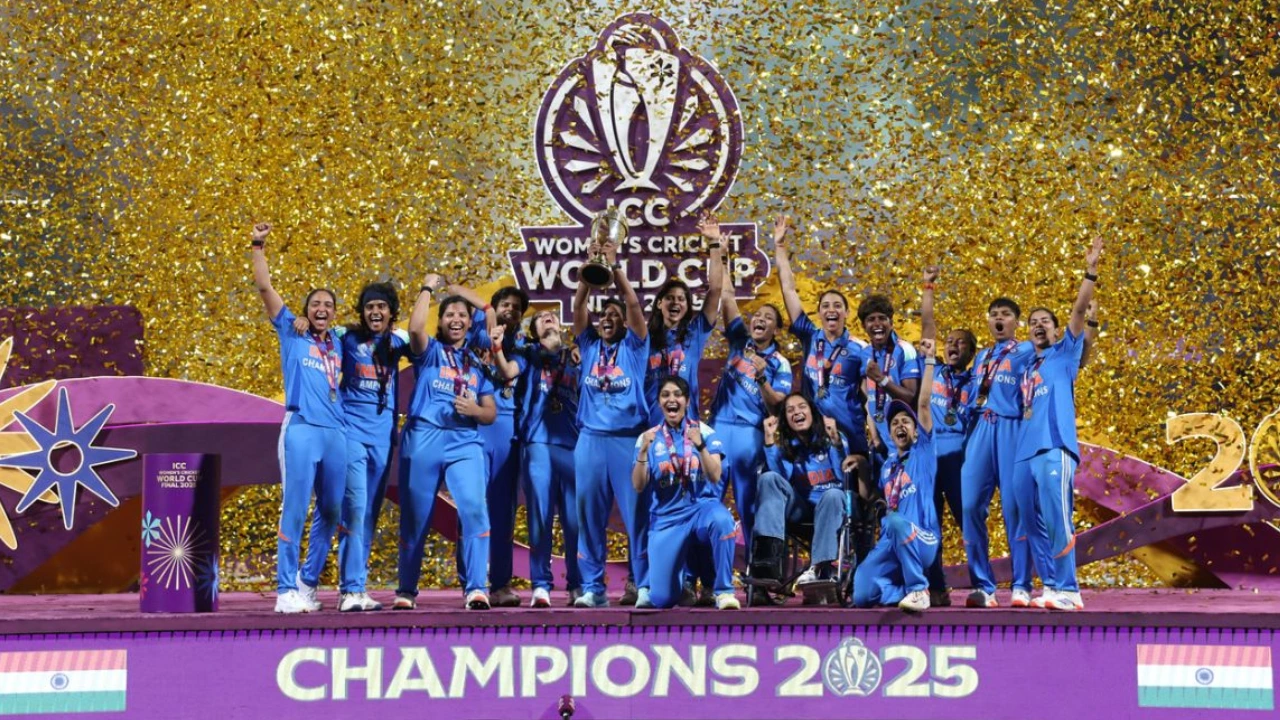Mohsin Naqvi, a prominent figure in the cricketing world, has recently made headlines by ending his boycott of the International Cricket Council (ICC). This decision comes amid escalating tensions surrounding the Asia Cup, an important tournament in the cricketing calendar, particularly as the Board of Control for Cricket in India (BCCI) intensifies its stance on the matter. Naqvi’s return to the fold has raised eyebrows, considering his previous stance against the ICC, which he had maintained for a significant period.
The backdrop of this development is the ongoing dispute over the hosting of the Asia Cup. With the BCCI’s demands gaining traction, the situation has become increasingly complex, with various stakeholders weighing in on the implications for cricket in the region. Naqvi’s attendance at the recent meeting signals a pivotal moment in his relationship with the ICC and highlights the pressure that officials face as they navigate the intricate dynamics of international cricket governance. His fears about the potential repercussions of remaining distant from the ICC may have influenced his decision to re-engage in these discussions.
Furthermore, this turn of events underscores the broader challenges facing cricketing bodies in managing relationships between nations, especially in politically charged environments. The Asia Cup, which traditionally brings together teams from across Asia, has become a focal point for larger geopolitical tensions. Naqvi’s actions may indicate a recognition that collaboration and dialogue are essential for the sport’s growth and stability in the region. As the BCCI escalates its efforts regarding the Asia Cup, cricket fans and analysts alike will be closely watching how this situation unfolds and whether it leads to a resolution that benefits all parties involved.
In conclusion, Mohsin Naqvi’s decision to end his ICC boycott is a significant development in the context of the ongoing Asia Cup discussions. As the BCCI continues to assert its position, Naqvi’s involvement may pave the way for constructive dialogue and potential solutions. The complexities of international cricket governance are ever-present, and it remains to be seen how this situation will evolve in the coming weeks and months.




